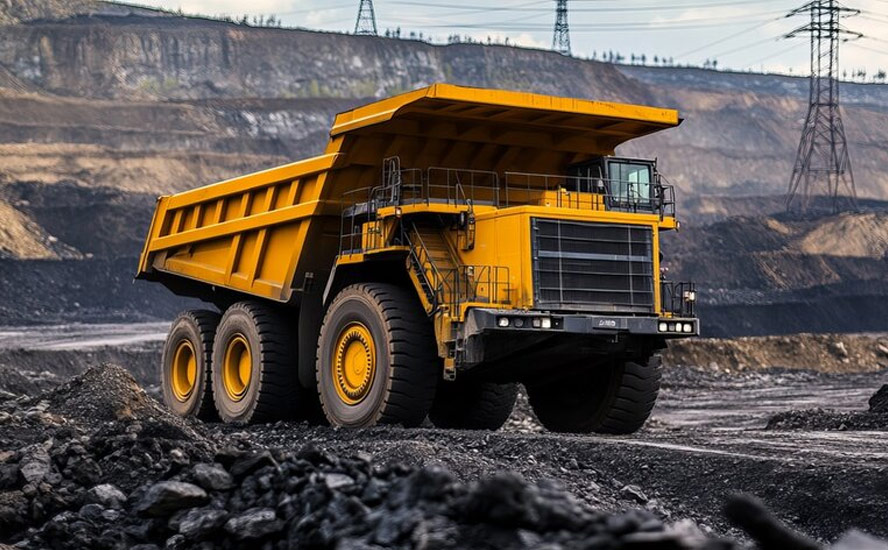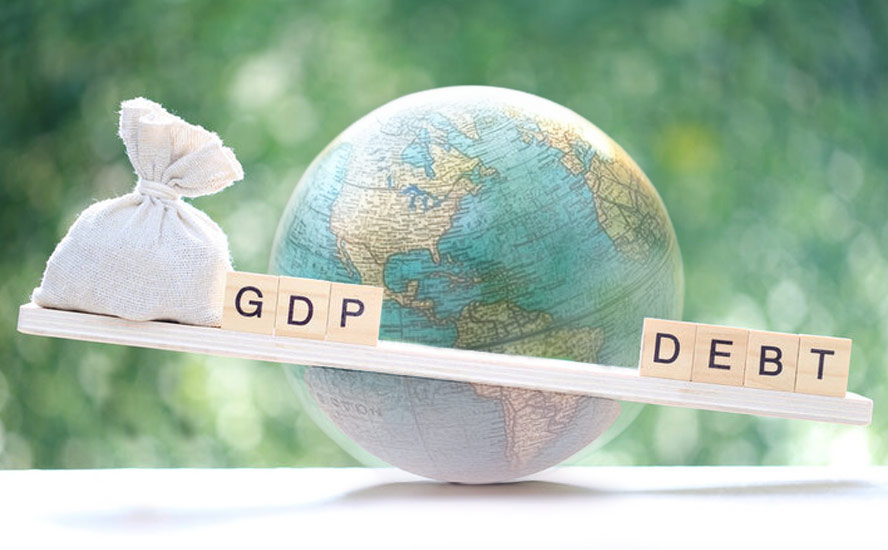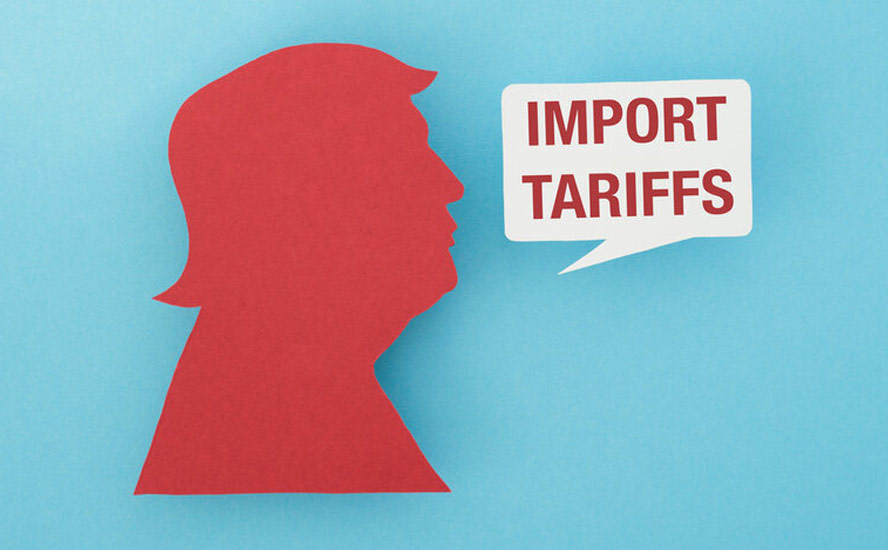Colombia’s Dilemma: Produce or Buy Copper?
By Katherin Galindo and Sergio Guzmán
2022.08.26
Demand for copper will undoubtedly increase as policies from across the world aim to promote the energy transition and wean the world off fossil fuels. Colombia happens to have great potential for copper mining, however social disputes and the 2022 elections will likely dampen short-term investor interest. Will Colombia seize the moment and produce copper, or will it stand idly by and buy it at market prices later?
As more countries opt to reduce demand for fossil fuels in their energy matrix and the economy moves towards renewable energies, copper is set to play a central role. Its dual functionality, as the best conductor for heat and electricity, will contribute to the global goals of reducing energy consumption, improving the performance of electrical equipment, and reducing CO2 emissions. This suggests countries with proven and potential copper reserves, such as Colombia, will play a strategic role as the world’s energy consumption patterns change.
Copper is the third most used metal in the world, and according to Goldman Sachs, demand for copper could double by 2030. The world is not currently producing enough copper to meet demand, suggesting a medium-term shortage. Chile and Peru are the world’s largest copper producers, while Colombia occupies the 42nd position. In addition to supporting the renewable energy sector, copper plays an important role in infrastructure—as a construction material—and in the automotive industry—as a component in batteries for electric vehicles. Promoting copper mining would not only speed up Colombia’s energy transition but would also allow the country to become a supplier of the metals market in Asia, the United States, and Europe.
Legal Notice / Disclaimer
Ahead of the Herd newsletter, aheadoftheherd.com, hereafter known as AOTH.Please read the entire Disclaimer carefully before you use this website or read the newsletter. If you do not agree to all the AOTH/Richard Mills Disclaimer, do not access/read this website/newsletter/article, or any of its pages. By reading/using this AOTH/Richard Mills website/newsletter/article, and whether you actually read this Disclaimer, you are deemed to have accepted it.




























